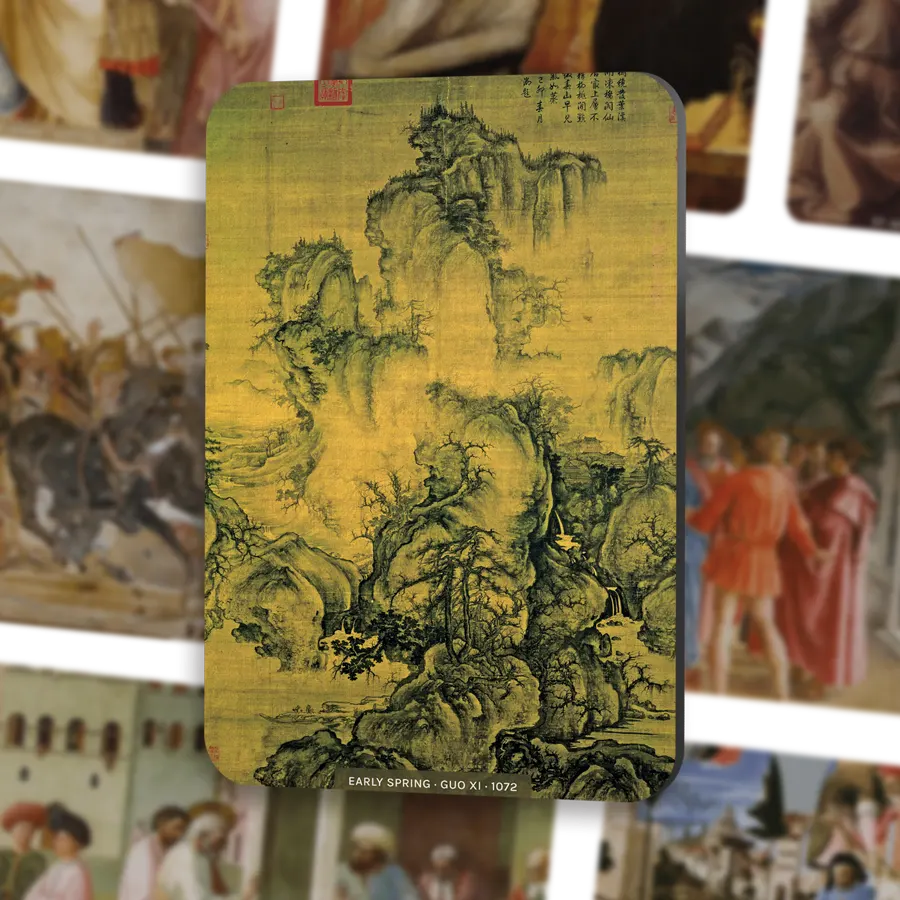Experiential learning is an approach to education that emphasizes learning through experience. It is based on the idea that people learn best when they actively engage with their environment and reflect on their experiences. This article will delve into the concept of experiential learning, its process, benefits, implementation, and key concepts.
What is Experiential Learning?
Understanding the Concept of Experiential Learning
Experiential learning is a learning approach where learners acquire knowledge and skills through direct experience. It involves actively engaging with the subject matter, rather than just passively receiving information. By immersing themselves in the learning process, students can gain a deeper understanding of the material.
Exploring Experiential Learning Techniques
There are various experiential learning techniques that educators can employ to facilitate meaningful learning experiences. Some examples include role-playing, simulations, field trips, and hands-on experiments. These techniques provide students with the opportunity to apply their knowledge in real-world situations, making the learning process more engaging and practical.
Integrating Experiential Learning into Education
Integrating experiential learning into education requires a shift in teaching methods and curriculum design. Educators need to create experiential learning opportunities that align with the learning goals and objectives of their students. By incorporating hands-on activities and real-world examples, educators can enhance the learning experience and create a more impactful educational environment.
How Does Experiential Learning Work?
The Experiential Learning Process
The experiential learning process consists of four stages: concrete experience, reflective observation, abstract conceptualization, and active experimentation. In the concrete experience stage, learners engage in a direct experience that serves as the foundation for learning. They then reflect on their experience in the reflective observation stage, analyzing the outcomes and implications. In the abstract conceptualization stage, learners make sense of their experience by connecting it to existing knowledge and theories. Finally, in the active experimentation stage, learners apply their newly acquired knowledge and skills in real-world settings.
The Experiential Learning Cycle
The experiential learning cycle is a continuous process that involves repeating the four stages of the experiential learning process. Learners engage in a new experience, reflect on it, make meaning of it, and apply their learning in practical contexts. This cyclical nature of experiential learning allows for ongoing growth and development.
Creating Experiential Learning Opportunities
Creating experiential learning opportunities requires careful planning and design. Educators need to identify meaningful and authentic learning activities that allow students to apply their knowledge and skills in real-world contexts. These opportunities can include internships, community service projects, case studies, and collaborative problem-solving activities. By providing such opportunities, educators can enhance the overall learning experience and foster the development of essential skills.
What are the Benefits of Experiential Learning?
Enhancing the Learning Experience
Experiential learning enhances the learning experience by providing students with a more hands-on and engaging approach to learning. This active involvement in the learning process cultivates a deeper understanding and retention of knowledge.
The Role of the Learner in Experiential Learning
Learners play a central role in the experiential learning process. They are actively involved in shaping their own learning experiences and personal growth. Through self-reflection and critical thinking, learners can make connections between their experiences and the concepts being taught.
Developing Critical Thinking and Problem-Solving Skills
Experiential learning fosters the development of critical thinking and problem-solving skills. By engaging in real-world scenarios and facing challenges, students learn to think analytically and creatively to overcome obstacles. This skillset is invaluable in various aspects of life and prepares students for future success.
How to Implement Experiential Learning?
Designing Effective Experiential Learning Activities
Designing effective experiential learning activities involves aligning the activities with the learning objectives and desired outcomes. Educators need to carefully consider the suitability of the activities in relation to the students' needs and the subject matter being taught.
Understanding When Experiential Learning Occurs
Experiential learning can occur both inside and outside the classroom. It can take place during structured lessons, field trips, group projects, or even everyday life experiences. Recognizing when experiential learning takes place allows educators to maximize learning opportunities for their students.
Fostering Creativity and Generating New Ideas
Experiential learning fosters creativity and encourages the generation of new ideas. By engaging in hands-on activities and problem-solving tasks, learners are exposed to new perspectives and ways of thinking. This stimulates their creativity and promotes innovative thinking.
Key Concepts in Experiential Learning
The Importance of Taking Initiative in Learning
Taking initiative is a crucial aspect of experiential learning. Learners need to actively engage in the learning process and take ownership of their education. By being proactive, students can maximize their learning potential and make the most out of their educational experiences.
Defining Experiential Learning Methods
Experiential learning methods refer to the various approaches and techniques used to facilitate experiential learning. These methods can include hands-on activities, simulations, internships, and cooperative education programs. Educators need to select and adapt these methods based on the specific learning objectives and student needs.
Measuring Learning Outcomes in Experiential Learning
Measuring learning outcomes in experiential learning can be challenging. Unlike traditional forms of learning, experiential learning focuses on holistic development rather than solely academic achievements. Educators need to employ a variety of assessment methods, such as reflection journals, performance evaluations, and self-assessments, to gauge the impact of experiential learning on students' overall growth.
How to Enhance Problem-Solving Skills Through Experiential Learning?
Applying experiential learning to solve real-world problems
Experiential learning provides a powerful framework for developing problem-solving skills. By engaging in hands-on activities and encountering real-world challenges, learners can apply their knowledge and skills to solve authentic problems. This practical application strengthens problem-solving abilities and prepares learners for future professional endeavors.
Incorporating reflection in the problem-solving process
Reflection is an essential component of the problem-solving process in experiential learning. By reflecting on past experiences and analyzing the strategies used to solve problems, learners gain valuable insights into their decision-making processes. Through reflection, learners can identify areas for improvement and develop a deeper understanding of effective problem-solving techniques.
Developing critical thinking skills through experiential learning
Experiential learning promotes the development of critical thinking skills, as learners are actively engaged in analyzing and evaluating their experiences. By encouraging learners to question assumptions, seek alternative perspectives, and make informed judgments, educators can foster the growth of critical thinking abilities. This prepares learners to navigate complex challenges and make sound decisions in various contexts.
Check out MUSÉEWALL collections and learn about science, art, history, architecture, and more through interactive magnetic cards.
Q: Who is David Kolb?
A: David Kolb is an American educational theorist, known for his work on experiential learning theory.
Q: Are there any specific learning styles associated with experiential education?
A: Yes, experiential education recognizes different learning styles and emphasizes learning through doing, reflecting, thinking, and planning.
Q: What are the learning outcomes of experiential education?
A: The learning outcomes of experiential education include increased knowledge and skills, improved problem-solving abilities, enhanced critical thinking, and the development of personal and professional values.
Q: Is experiential learning a form of project-based learning?
A: Yes, project-based learning is a form of experiential learning where students work on a project that involves real-world problem-solving, collaboration, and reflection.
Q: Can experiential learning help students learn from natural consequences?
A: Yes, experiential learning allows students to learn from natural consequences by providing opportunities for them to make decisions, take risks, and experience the outcomes of their actions.




